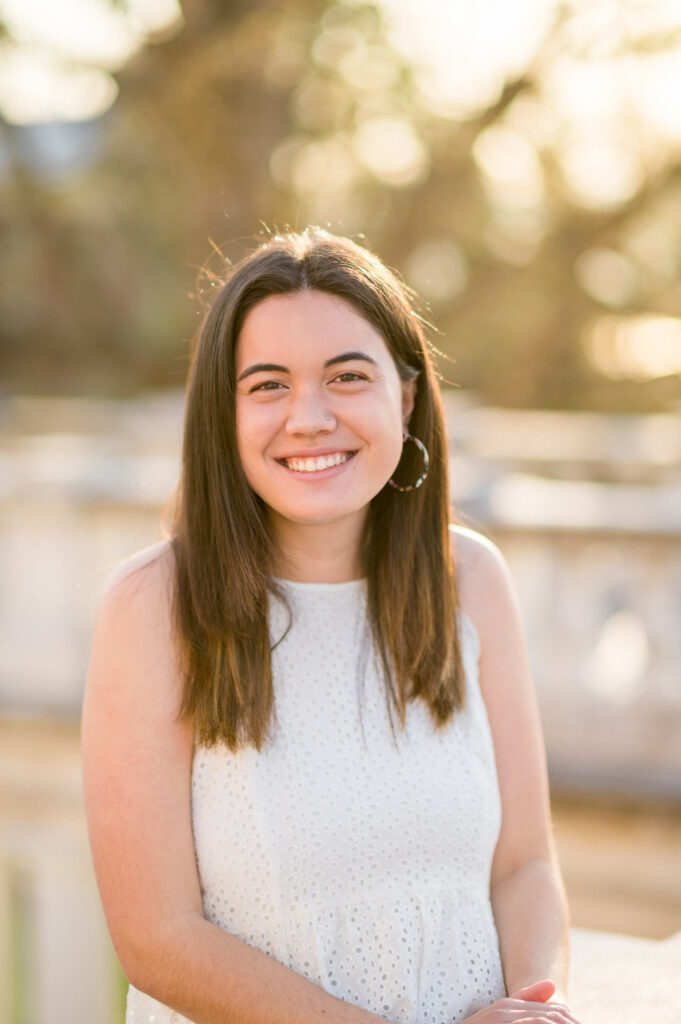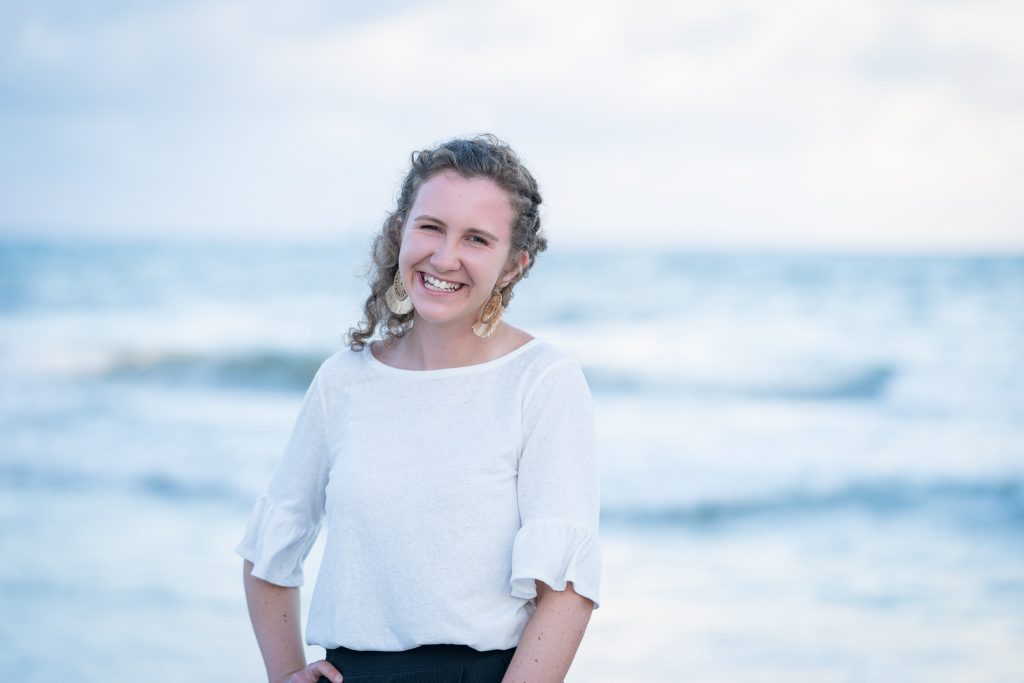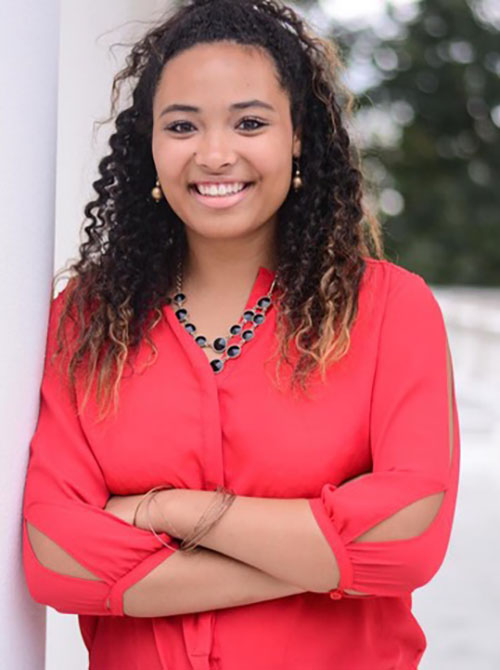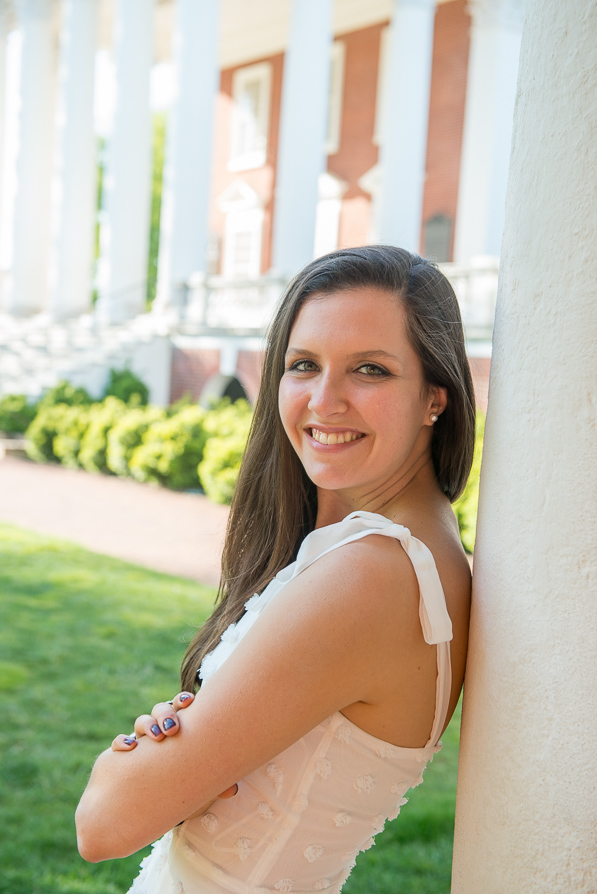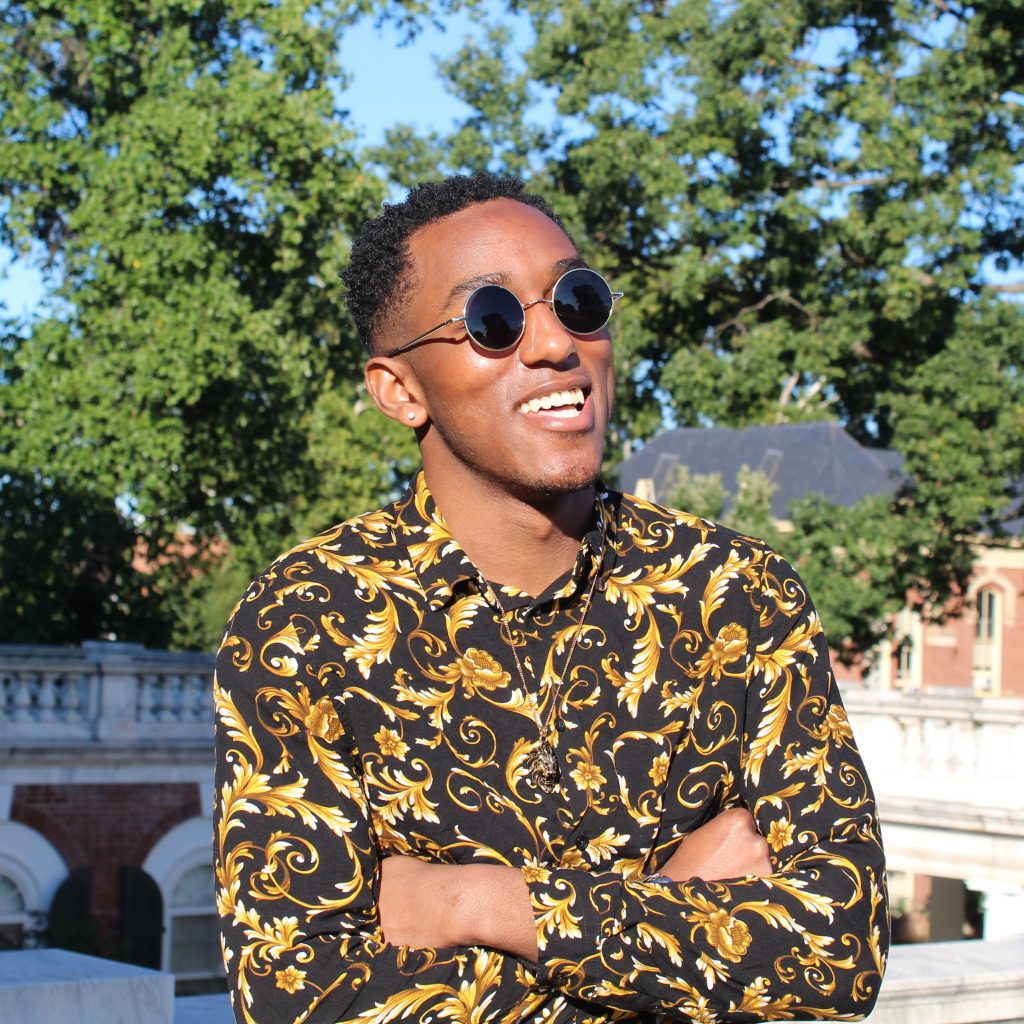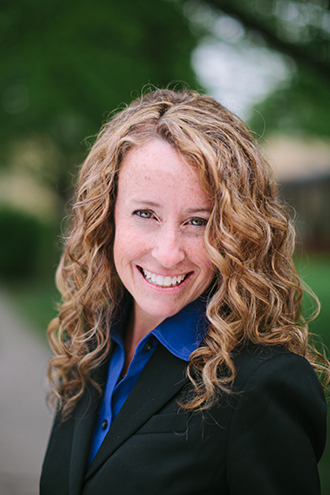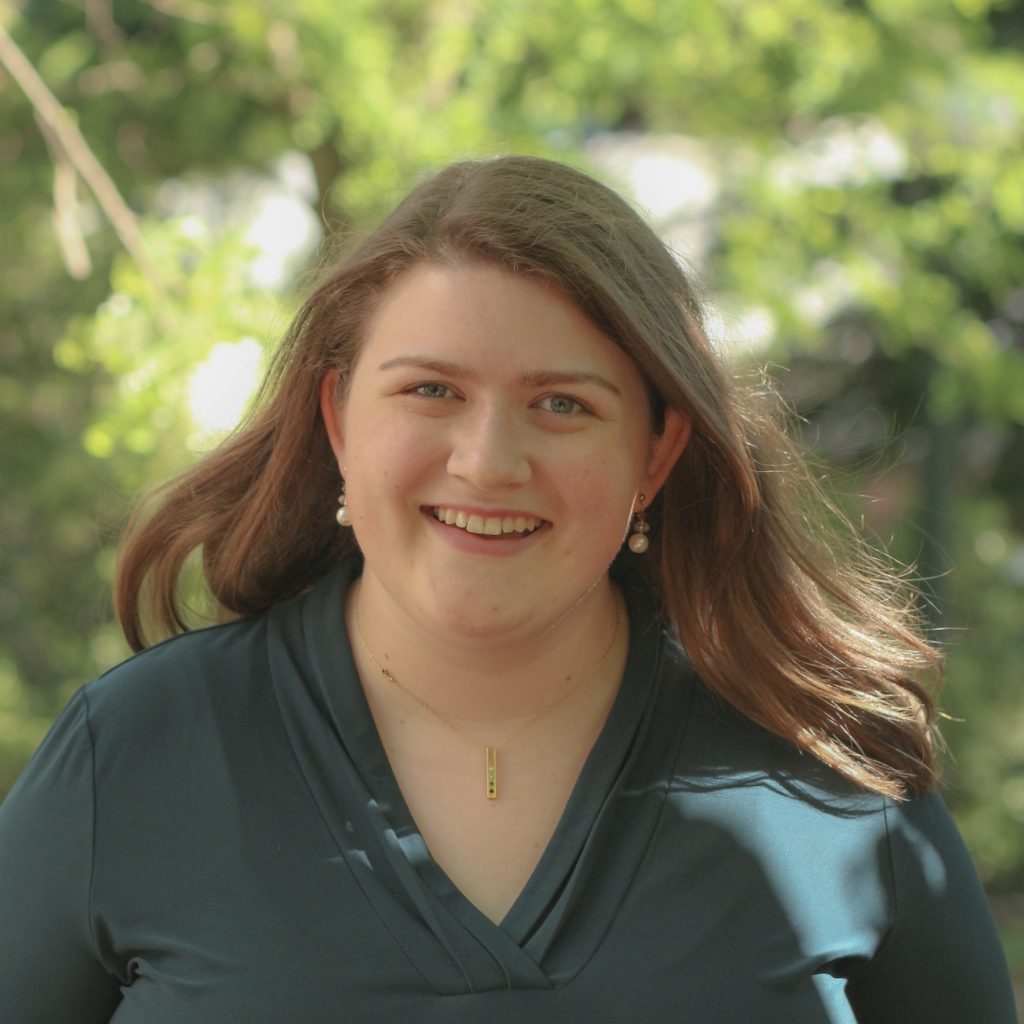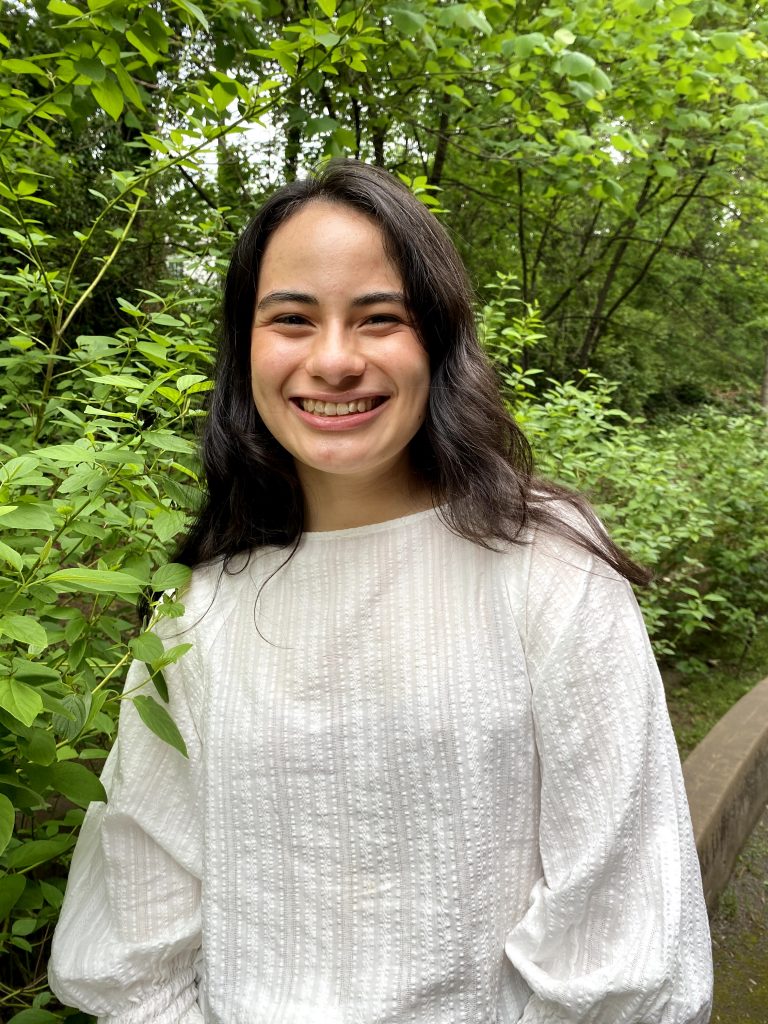by Malia Sample (she/her/hers), 2021 Undergraduate Summer Research Fellow in Lived Theology
I just graduated from UVA this past spring, with a major in kinesiology and a minor in religious studies, and this school year, I will be getting my master’s degree in Kinesiology for Individuals with Disabilities—and I could not be more excited! I have the most amazing parents, older brother, and dog named Kona, and I grew up in Northern Virginia. Although they moved to Leesburg, Virginia before I was born, my dad is from Minnesota and my mom is from Hawaii, so I like to joke that they are proof that opposites do in fact attract. I am also Asian American, and one of my favorite hobbies during this past year has been trying to learn how to cook some of my grandma and mom’s favorite Hawaiian and Chinese dishes. In my free time, I love to explore Charlottesville, and I am always in pursuit of a good park or body of water in the area.
This summer, I am beyond grateful to be a part of the Project of Lived Theology, and to work with and learn from the incredible PLT staff, my mentor Dr. Paul Jones, and the other fellows. For my project, I am seeking to learn more about how faith—the Christian faith in particular—has intersected and continues to intersect with racial injustice against Black Americans. I will be reading about and learning from the lived theologies of several Black theologians and activists, including but not limited to Martin Luther King, Jr., Malcolm X, and James H. Cone. Throughout this summer, I am reading books and essay collections such as Why We Can’t Wait by MLK, The Fire Next Time by James Baldwin, A Black Theology of Liberation by James H. Cone, and Enfleshing Freedom: Body, Race, and Being by M. Shawn Copeland.
For my final project, I hope to create a webpage, on which I discuss what I, as a member of the predominately white American church, have learned from what I have read this summer, and how it has expanded and increased my understanding of lived theology, God, and what the body of Christ does and is meant to look like. Through this webpage, I hope to consider what it means to be a part of a greater body, and to recognize and discuss how the evangelical American church has been complicit in, and sometimes perpetuators of, racism in American history and the present day. With this webpage, titled Moving Towards, I also hope to share how the lived theologies of others, specifically the lived theologies of Black theologians and activists, have expanded my understanding of God, His action, and His body, and to explore how these theologies can help the church move, in the words of SNCC leader Victoria Gray Adams, “toward the kingdom of God,” specifically in terms of the fight against racial injustice.
If you would like to read along with me this summer, here is my reading list:
- Why We Can’t Wait by Martin Luther King Jr.
- Malcolm X Speaks Selected Speeches and Statements by George Breitman and Malcolm X
- Martin and Malcolm and America: A Dream or a Nightmare? by James H. Cone
- The Fire Next Time by James Baldwin
- A Black Theology of Liberation by James H. Cone
- Enfleshing Freedom: Body, Race, and Being by M. Shawn Copeland
- The Color of Compromise: The Truth about the American Church’s Complicity in Racism by Jemar Tibsy
- White Evangelical Racism: The Politics of Morality in America by Anthea Butler
Learn more about the 2021 Undergraduate Summer Research Fellowship in Lived Theology here.
The Project on Lived Theology at the University of Virginia is a research initiative, whose mission is to study the social consequences of theological ideas for the sake of a more just and compassionate world.

